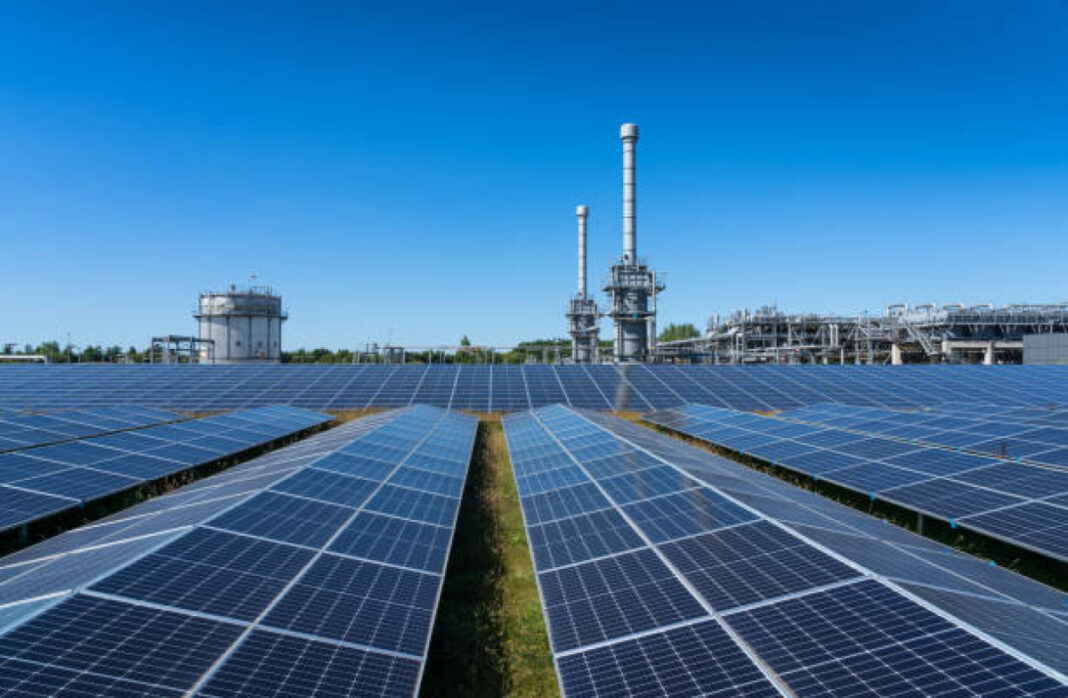The Rajasthan government is steadfast in its ambition to achieve energy self-reliance, setting a robust target of generating 30 gigawatts (GW) of solar power by the fiscal year 2025. This initiative, championed by Chief Minister Bhajan Lal Sharma, underscores the state’s strategic move towards reducing reliance on imported fuels and bolstering India’s energy security.
Recently, the government greenlit four major solar projects aimed at positioning Rajasthan as a leader in energy self-sufficiency. These projects include expansive solar parks in Bikaner, totaling 2,450 megawatts (MW), and a significant 500 MW project in Phalodi. Anticipated to attract investments totaling Rs 100 billion, these ventures are not only expected to enhance the state’s energy infrastructure but also to stimulate sustainable economic growth.
Rajasthan, already a frontrunner in solar energy production with an estimated capacity of 142 GW, faces a growing annual electricity demand that escalates by 8-10%. To meet this challenge, the state government has set a bold target to fulfill 43% of its power needs through solar energy by 2030. This ambitious goal builds on the successful installation of 15,195 MW of solar power plants in the previous year alone.
Further reinforcing its commitment to renewable energy adoption, Rajasthan is expanding the PM Kusum Solar pump plant initiative. This expansion aims to deploy solar pumps across more than 50,000 farms, generating an additional 200 MW of electricity. Beyond bolstering agricultural productivity through sustainable energy solutions, this initiative aligns with Rajasthan’s broader vision of promoting rural development and environmental stewardship.
In summary, Rajasthan’s proactive stance on solar power expansion not only aims at meeting its burgeoning energy demands sustainably but also positions the state as a trailblazer in renewable energy adoption and economic resilience.





